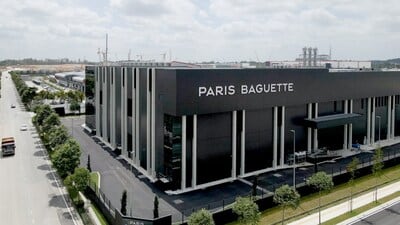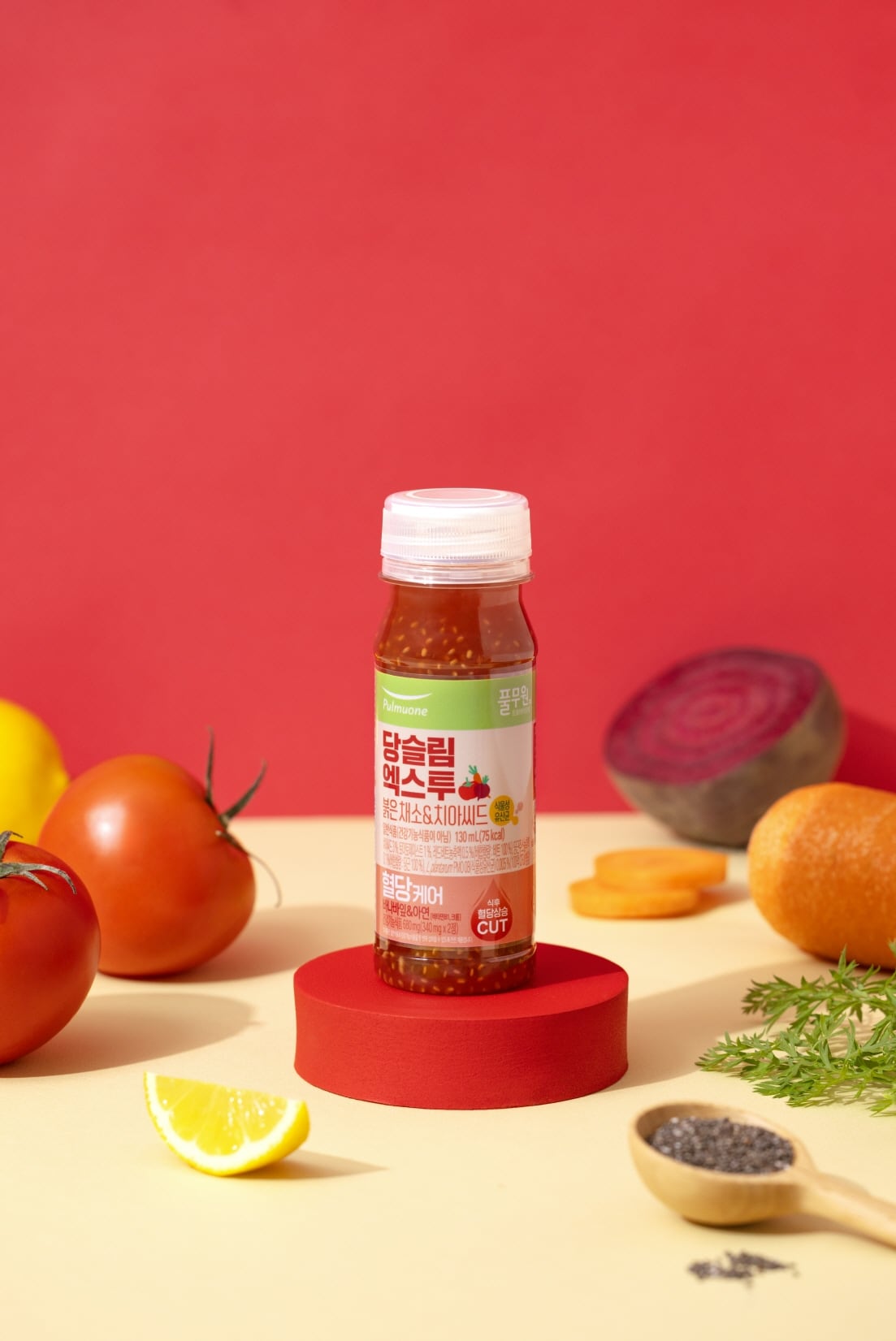Located in Nusajaya Tech Park, Johor, this facility is poised to play an important role in increasing the company’s production capacity, streamlining international distribution, and reinforcing its position in the global bakery and food industry.
SPC Group is known for being home to brands such as SPC Samlip and Paris Baguette, of which the latter has around 4,000 outlets worldwide.
According to the company, Paris Baguette is one of the fastest-growing bakery brands, and the opening of this plant would facilitate a seamless, efficient supply chain that supports the brand’s growing international presence.
“Food is more than just what we eat. Through food, we connect with people, honour our heritage, and create meaningful experiences that bring communities together. With the Johor Production Centre as a strategic manufacturing hub, we aim to bring wholesome and delightful flavours to the 2bn consumers in the halal market across South East Asia (SEA), the Middle East, and beyond.
“This milestone is not only about business expansion, but also about building stronger connections, creating job opportunities, and celebrating the rich and diverse cultures of the communities we serve,” said Young-In Hur, Chairman of SPC Group, at the plant’s inauguration ceremony on February 25.
Spanning 12,900 square metres, the facility houses seven production lines that enable an output of up to 300,000 bakery products daily (about 100m per year). This ensures a “steady and scalable supply” to meet rising demand for premium bakery products.
Notably, SPC Group has invested approximately USD56m, doubling its initial budget, to integrate advanced automation and enhanced safety systems in the plant.
At the same time, the company is actively putting in place production hubs in other key markets to achieve its Vision 2030 goal of becoming a “Great Food Company” with 12,000 Paris Baguette stores worldwide by 2030.
Besides the new plant in Malaysia, its Tianjin plant in China was built in 2017, and an upcoming facility in Texas, US is in the works.
Gaining foothold in halal market
SPC Group believes that the halal-certified facility in Johor will allow Paris Baguette to provide fresher, higher-quality products to the global market, with a primary focus on SEA and Middle East, and elevate the brand’s competitiveness in these regions.
“Malaysia’s globally recognised halal certification is synonymous with excellence in food hygiene, sourcing, and production processes. By achieving this certification, we ensure that our products meet the highest levels of quality, safety, and cleanliness, further fostering consumer trust across international markets.”
Paris Baguette currently operates in six SEA countries, including Malaysia, Singapore, Indonesia, Vietnam, Cambodia, and the Philippines.
It is preparing to enter Thailand, Brunei, and Laos through master franchise agreements, while expansion into Saudi Arabia and the UAE is also underway.
Additionally, the company plans to bring its halal-certified product offerings to North America, Europe, and Africa.
“The completion of the Johor Production Centre marks a significant milestone in strengthening our supply chain and securing a solid foundation for sustainable growth. As a strategic base for the halal market, this facility will enable us to accelerate and enhance the effectiveness of our global expansion,” added Jin-soo Hur, President of SPC Group.
ASEAN ambition
SPC Samlip is a major subsidiary of SPC Group that specialises in manufacturing and distribution of confectionery, snacks, dairy, and frozen products.
Apart from making export-oriented halal products at the Johor facility, the firm will also leverage the plant to broaden its business operations in SEA and the Middle East.
Its new ASEAN subsidiary, which will serve as a regional hub for distributing Korea-manufactured finished products, is expected to be set up in March.
When established, it will supply frozen dough to cafes, hotels, and large-scale retailers in the region.
In addition, SPC is looking to develop business-to-consumer (B2C) products tailored to local market trends and preferences, to expedite its growth in the retail market.





